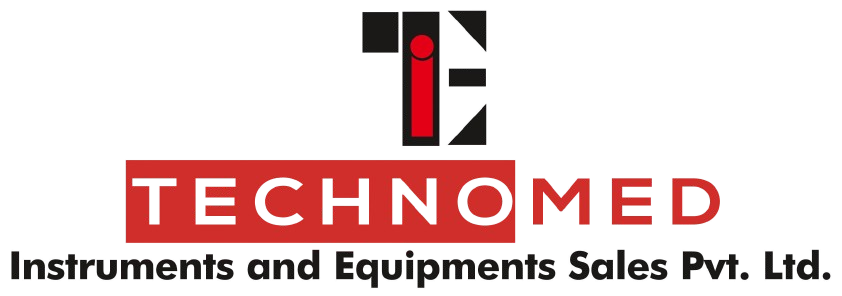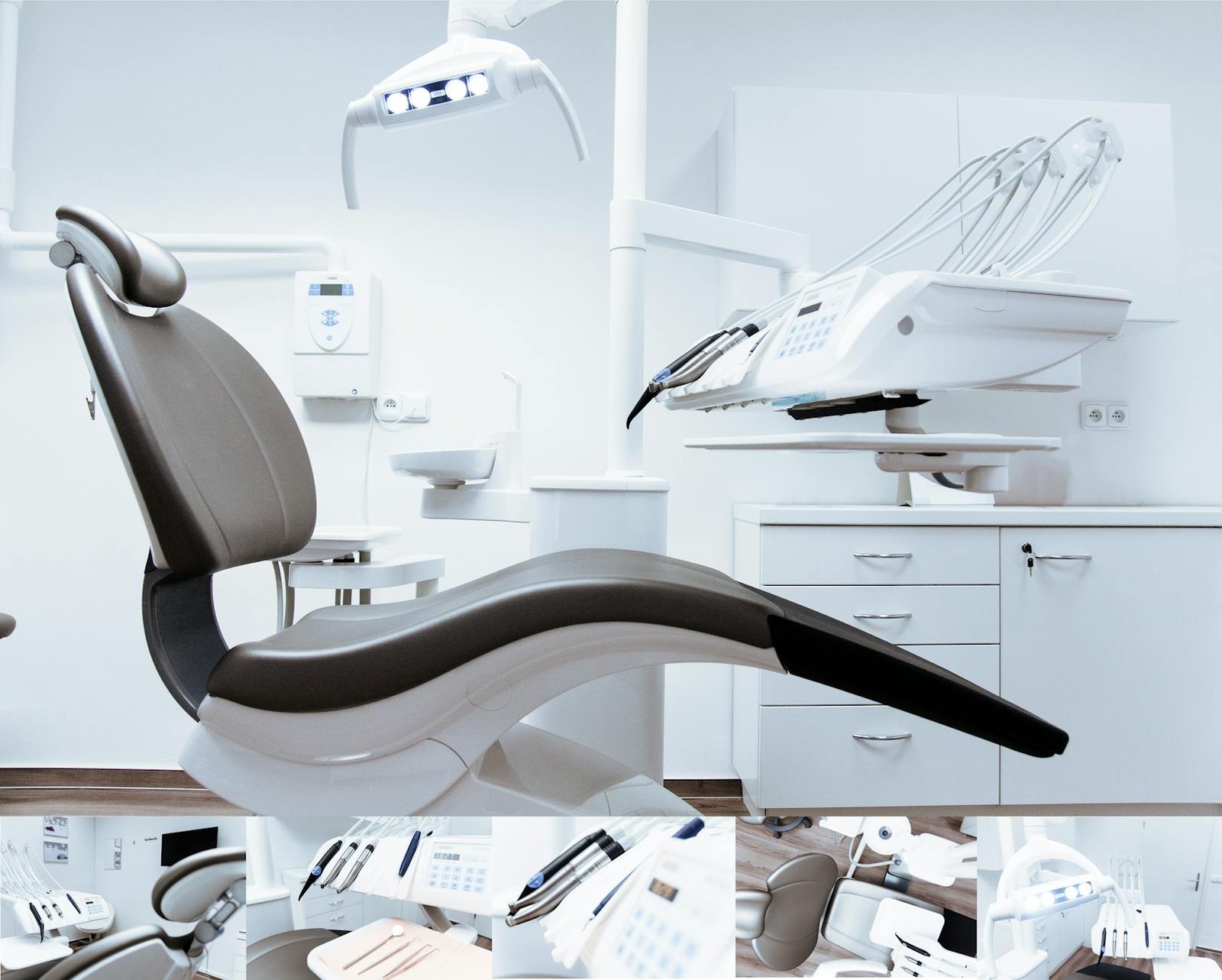The Importance of Regular Maintenance for Medical Gas Manifolds
Regular Maintenance of Gas Manifolds
Medical gas manifolds are the backbone of modern healthcare facilities. They ensure the continuous and reliable delivery of essential gases like oxygen, nitrous oxide, medical air, and vacuum to critical areas such as operating theaters, intensive care units (ICUs), and emergency rooms. The safety and well-being of patients often depend on these systems. Despite their critical role, manifold systems are sometimes overlooked when it comes to regular maintenance. Neglecting maintenance can lead to serious consequences, including equipment failure, patient safety risks, and costly downtime.
At Technomed, we understand the vital role that medical gas manifolds play in healthcare, which is why we emphasize regular inspection, servicing, and preventive maintenance to ensure optimal performance.
Why Medical Gas Manifolds Require Regular Maintenance
1. Ensuring Uninterrupted Gas Supply
Medical gas manifolds are designed to provide a continuous and consistent flow of gases throughout the hospital. Any disruption can affect critical care, surgical procedures, or emergency treatments. Even minor leaks or malfunctioning valves can compromise patient care. Regular maintenance ensures that all components are functioning optimally, reducing the risk of interruptions. At Technomed, our systems are engineered for reliability, but scheduled maintenance ensures they continue performing at their best.
2. Preventing Equipment Failure
Medical gas manifolds consist of several mechanical and electronic components, including valves, regulators, piping, and control panels. Over time, these parts can wear down due to frequent usage, pressure fluctuations, or environmental factors. Regular maintenance allows technicians to identify and replace worn-out components before they cause system failures. Technomed’s manifolds are designed with durability in mind, but preventive maintenance maximizes longevity and reliability.
3. Maintaining Proper Gas Pressure
Different areas of a healthcare facility require gases at precise pressures. Incorrect pressure can affect the performance of life-support equipment, ventilators, anesthesia machines, and other critical devices. Scheduled inspections and maintenance ensure that pressure regulators are calibrated and functioning correctly, maintaining consistent and safe gas delivery. Technomed manifolds include advanced regulators that, when properly maintained, guarantee precision every time.
4. Enhancing Safety Compliance
Healthcare facilities must comply with national and international safety standards, such as NFPA 99, which governs the installation, operation, and maintenance of medical gas systems. Regular maintenance of manifolds ensures compliance with these regulations, reducing the likelihood of accidents, fines, or legal liabilities. By following Technomed’s recommended maintenance schedules, hospitals can ensure full compliance and prioritize patient safety.
5. Extending the Lifespan of the System
Medical gas manifolds represent a significant investment. Proper care through preventive maintenance—including cleaning, lubrication, calibration, and timely component replacement—can significantly extend the system’s lifespan. This not only reduces long-term replacement costs but also ensures reliable performance over the years. Technomed manifolds are built to last, but routine maintenance ensures they remain at peak efficiency.
Key Maintenance Practices for Medical Gas Manifolds
To ensure optimal functionality, hospitals and clinics should follow structured maintenance practices:
- Visual Inspections
- Regularly check for visible leaks, corrosion, rust, or physical damage to manifold components.
- Inspect pipeline connections and fittings to ensure they are secure and intact.
- Valve and Regulator Testing
- Ensure all valves operate smoothly without sticking or excessive resistance.
- Test regulators to verify correct pressure delivery across all gas lines.
- Pipeline and Piping System Checks
- Inspect pipelines for blockages, cracks, or wear and tear.
- Check for condensation buildup, which can cause corrosion or bacterial growth.
- Alarm and Monitoring Systems
- Test alarm systems, sensors, and emergency shut-off devices to ensure they are functioning correctly.
- Verify that alert systems communicate effectively with facility management.
- Cleaning and Lubrication
- Clean manifold components to prevent dust accumulation or contamination.
- Lubricate moving parts according to manufacturer recommendations to ensure smooth operation.
- Documentation and Record-Keeping
- Maintain detailed records of all inspections, repairs, and replacements.
- Schedule preventive maintenance in advance and track completed tasks to ensure compliance.
Consequences of Neglecting Maintenance
Failing to maintain medical gas manifolds can result in:
- Uninterrupted gas supply disruptions, putting patients at risk.
- Pressure fluctuations, affecting the performance of critical medical devices.
- System failures, leading to costly downtime and emergency repairs.
- Non-compliance with safety standards, increasing legal liabilities.
- Reduced lifespan of the manifold system, resulting in higher replacement costs.
How to Implement an Effective Maintenance Program
To maximize the benefits of maintenance, healthcare facilities should:
- Create a Preventive Maintenance Schedule
- Define monthly, quarterly, and annual inspection routines.
- Train Staff and Technicians
- Ensure personnel understand manifold operation, safety protocols, and maintenance procedures.
- Partner with Certified Service Providers
- Work with professional technicians who have experience in medical gas systems for regular inspections and emergency support. Technomed offers expert support for maintenance and system optimization.
- Utilize Monitoring Technology
- Implement IoT-enabled or digital monitoring systems for real-time alerts on pressure fluctuations, leaks, or system malfunctions. Technomed’s smart manifolds can integrate with monitoring solutions for enhanced performance and safety.
Final Thoughts
Medical gas manifolds are a critical lifeline for healthcare facilities, and their maintenance should never be overlooked. Regular maintenance ensures patient safety, operational efficiency, regulatory compliance, and cost-effectiveness. By following Technomed’s recommended maintenance practices, hospitals can avoid system failures, reduce downtime, and provide reliable, uninterrupted care to patients.




